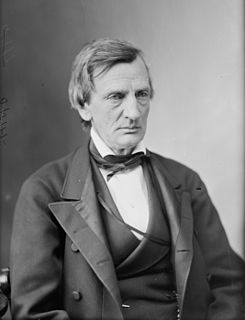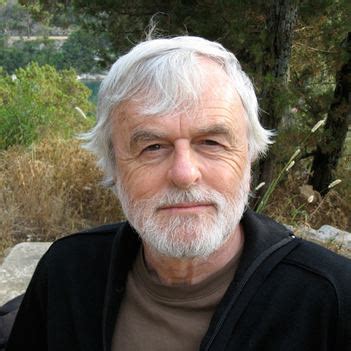A Quote by Alain de Botton
Blind impatience is equally evident in the fruit section. Our ancestors might have delighted in the occasional handful of berries found on the underside of a bush in late summer, viewing it as a sign of the unexpected munificence of a divine creator, but we became modern when we gave up on awaiting sporadic gifts from above and sought to render any pleasing sensation immediately and repeatedly available.
Quote Topics
Above
Ancestors
Any
Available
Awaiting
Became
Berries
Blind
Bush
Creator
Delighted
Divine
Equally
Evident
Found
Fruit
Gave
Gave Up
Gifts
Handful
Immediately
Impatience
Late
Late Summer
Might
Modern
Occasional
Our
Pleasing
Render
Repeatedly
Section
Sensation
Sign
Sought
Sporadic
Summer
Unexpected
Up
Viewing
Related Quotes
Creation comes before distribution - or there will be nothing to distribute. The need of the creator comes before the need of any possible beneficiary. Yet we are taught to admire the second-hander who dispenses gifts he has not produced above the man who made the gifts possible. We praise an act of charity. We shrug at an act of achievement.
Were the talents and virtues, which Heaven has bestowed on men, given merely to make then more obedient drudges, to be sacrificed to the follies and ambition of a few? Or, were not the noble gifts so equally dispensed with a divine purpose and law, that they should as nearly as possible be equally exerted, and the blessings of Providence be equally enjoyed by all?
Whoever reaches into a rosebush may seize a handful of flowers; but no matter how many one holds, it's only a small portion of the whole. Nevertheless, a handful is enough to experience the nature of the flowers. Only if we refuse to reach into the bush, because we can't possibly seize all the flowers at once, or if we spread out our handful of roses as if it were the whole of the bush itself -- only then does it bloom apart from us, unknown to us, and we are left alone.
The most important lesson of American history is the promise of the unexpected. None of our ancestors would have imagined settling way over here on this unknown continent. So we must continue to have society that is hospitable to the unexpected, which allows possibilities to develop beyond our own imaginings.
I once found myself conspiring with a British Cabinet Minister as to how we might persuade Her Majesty's Treasury to cough up more money for the British Travel advertising in America. Said he, "Why does any American in his senses spend his vacation in the cold damp of an English summer when he could equally well bask under Italian skies? I can only suppose that your advertising is the answer." Damn right.
Tracing the progress of mankind in the ascending path of civilization, and moral and intellectual culture, our fathers found that the divine ordinance of government, in every stage of the ascent, was adjustable on principles of common reason to the actual condition of a people, and always had for its objects, in the benevolent councils of the divine wisdom, the happiness, the expansion, the security, the elevation of society, and the redemption of man. They sought in vain for any title of authority of man over man, except of superior capacity and higher morality.
Modernism had two great wishes. It wanted its audience to be led toward a recognition of the social reality of the sign (away from the comforts of narrative and illusionism, was the claim); but equally it dreamed of turning the sign back to a bedrock of World/Nature/Sensation/Subjectivity which the to and fro of capitalism had all but destroyed.
We are creatures. We have a link with a native habitat just like every other species. Throughout most of human history, physical activity was unavoidable, calories were scarce and hard to get. In the modern era, calories are unavoidable, physical activity is scare and hard to get. The traits that allowed our ancestors to survive, and let's face it, the survival of our ancestors is the reason that we're here because the people who don't survive and make very crummy ancestors, are our traits. But they're very much at odds with the modern environment.


































